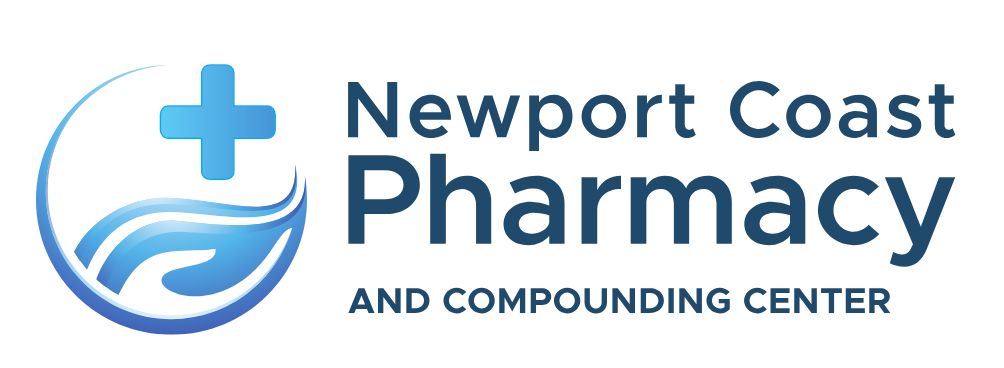Hospice Compounding

Bringing dignity and personalization to end-of-life care.
In recent years, there has been a growing interest in the subject of caring for individuals at the ends of their lives.
The final stages of terminal illness are a very difficult time for both the patient and their loved ones, but hospice care aims to ease the stress and discomfort as much as possible. At the heart of hospice care is the belief that each person has the right to die pain-free and with dignity. In many cases, care is provided in the patient’s home with a loved one serving as the primary caregiver.
Along with physician services to attend to a patient’s medical needs, the skills and caring of a knowledgeable compounding pharmacist may be necessary to provide symptom control and pain relief in an end-of-life situation. Pharmacists play a major role in the hospice environment, as caring for the hospice patient generally centers around providing comfort by using pharmaceuticals to relieve and manage symptoms. Pharmacy compounding can offer a practical and compassionate way to meet these needs. Compounding is the art and science of preparing customized medications, and it is especially suited to the concept of providing personalized, individual care to a dying patient.
Hospice compounding – custom-prepared compassion
Every individual is unique, and experiences during the end of life can vary from person to person. However, common symptoms experienced include:
- Pain
- Nausea/vomiting
- Constipation
- Diarrhea
- Bedsores
- Anxiety
Personalized, compounded medications may be the best way to deal with these symptoms. By working closely with a compounding pharmacist, a healthcare provider can prescribe a regimen of care which is tailored to the hospice patient’s individual needs.
Ordinarily, the first symptom requiring relief is pain, and managing it often requires medication around the clock. Compounding pharmacists can provide specialized medications for patients who suffer from acute and chronic pain. To keep the administration of medicine to a minimum, unique drug combinations can be prepared to allow patients to live more comfortably within their pain threshold while potentially minimizing sedation or other adverse side effects.
Due to differences in patients’ body size, drug tolerance, or various organ failures, commercially available medications often do not provide the exact strength a patient requires. Through compounding, a prescriber and pharmacist can adjust medications to the exact dosage needed by the patient.
Many hospice patients have trouble taking medications in traditional dosage forms.
In such cases, compounding can provide a more suitable method of administering medicine. For instance:
- A patient who is unable to swallow may be given topical medication through the skin to help provide relief, which also may help avoid stomach upset.
- Other patients may prefer medications prepared in as flavored lozenges or rapid-dissolve tablets that melt in the mouth.
- Medications also may be prepared as suppositories, oral liquids, or even as lollipops.
Caring for a loved one in a hospice environment can be both challenging and rewarding. Through the relationship between a caring prescriber and a compounding pharmacist, the relief of pain and other symptoms can be tailored to a patient’s specific needs.
